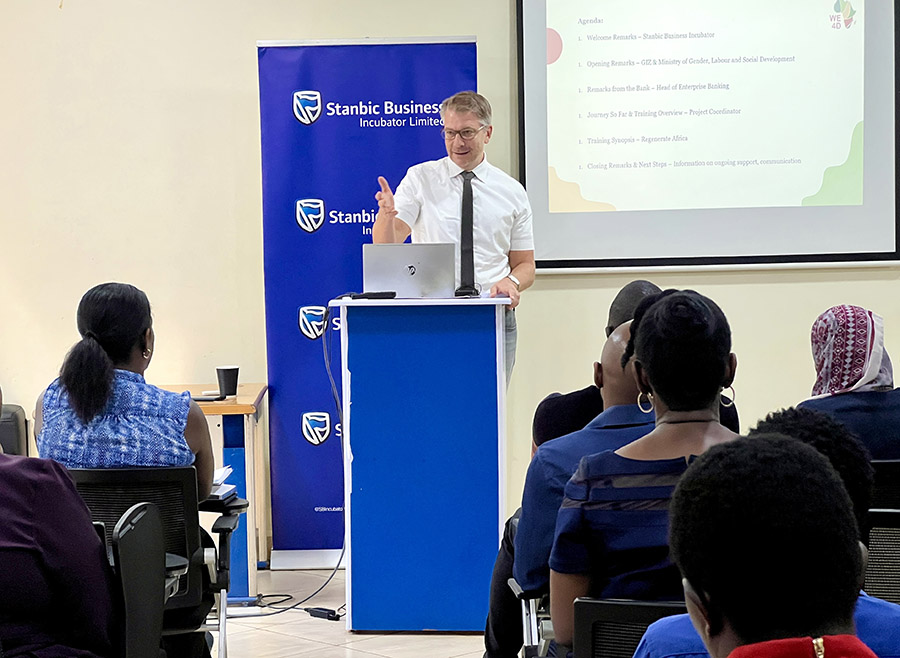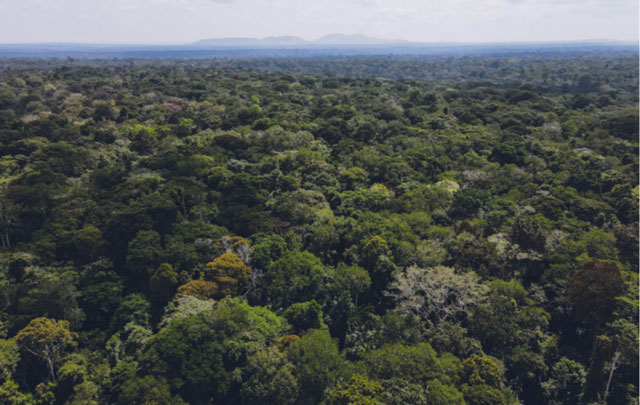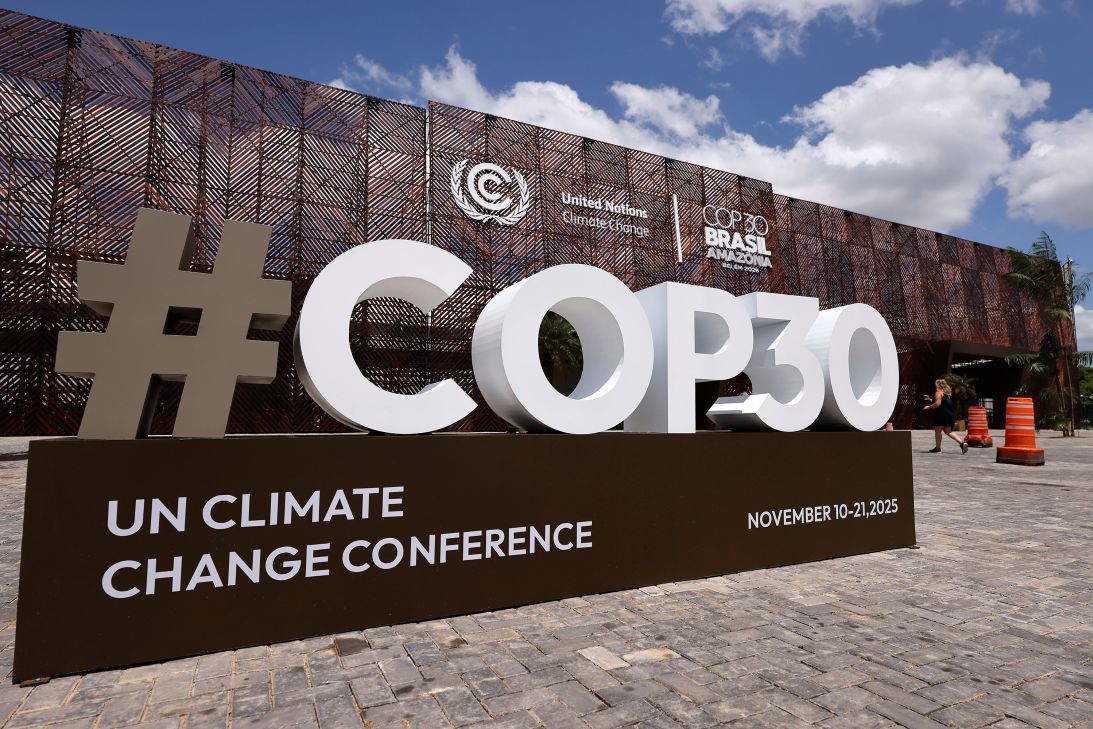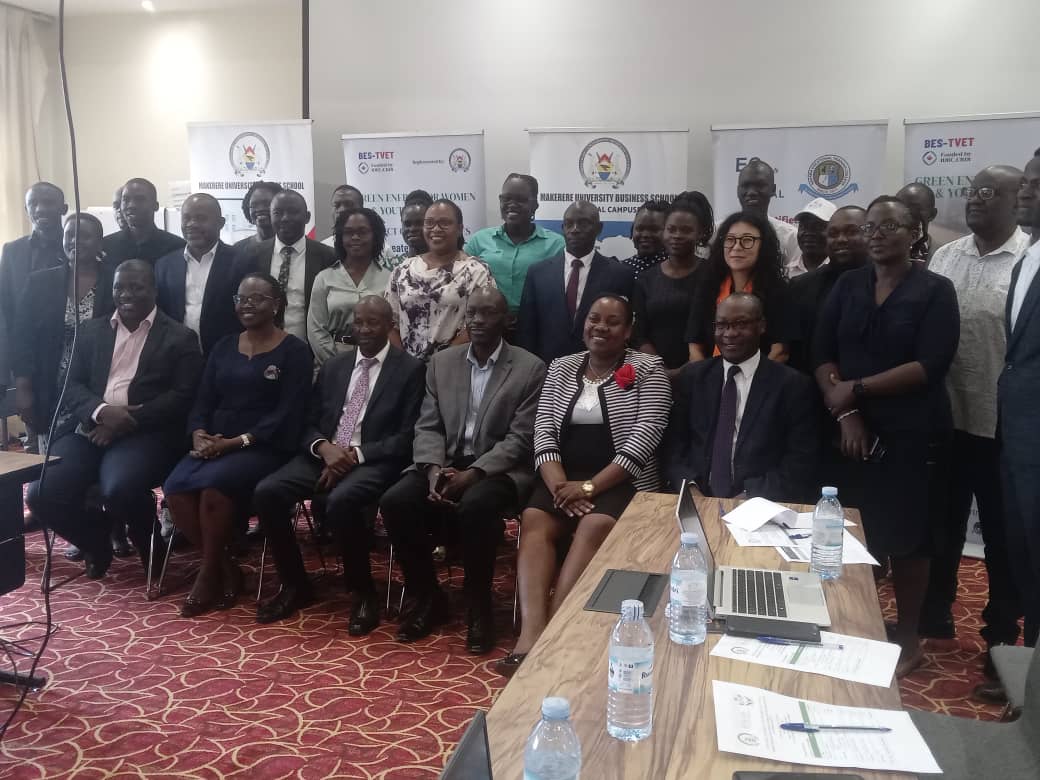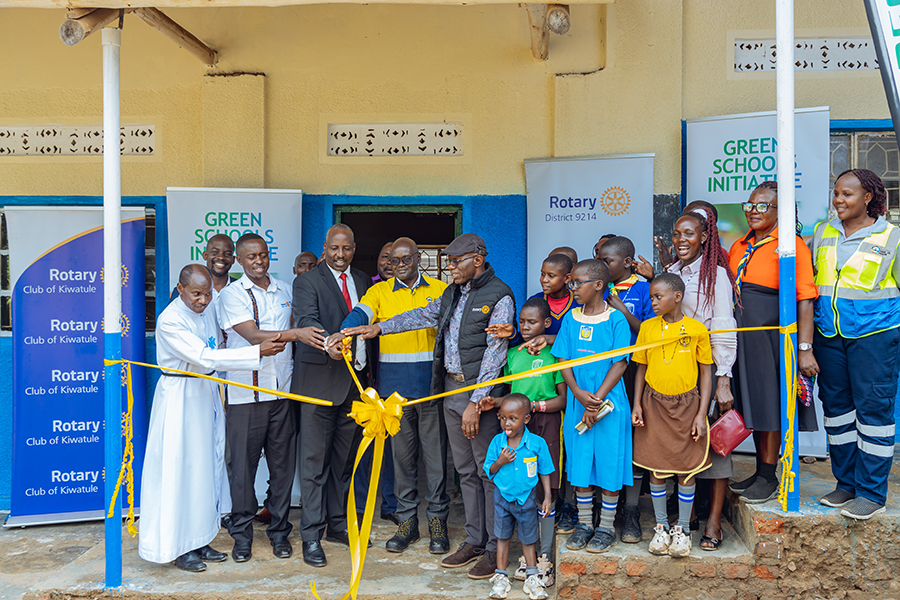The Stanbic Business Incubator Limited (SBIL) and the German development agency GIZ have partnered to launch a transformative four-month capacity-building programme aimed at empowering women entrepreneurs in Uganda’s green economy.
The initiative, named the Green Businesses and Jobs for the Green Transformation Project, welcomed its first cohort of 45 women-led businesses, all focused on sustainable solutions, at a ceremony held in Kampala.
The programme is a key component of the Employment Promotion for Women for the Green Transformation in Africa (WE4D) initiative, funded by the German government in collaboration with the European Union and Norway. Implemented alongside Uganda’s Ministry of Gender, Labour, and Social Development, the project aims to support 200 women-led micro and small enterprises over two years in Kampala, Wakiso, and Mukono districts.
Catherine Poran, chief executive of SBIL, highlighted the crucial role of women in driving sustainable economic growth. “This programme equips women entrepreneurs with essential knowledge, skills, and access to finance to foster sustainable businesses,” she said. Poran emphasised the initiative’s potential to enhance food security, reduce poverty, and promote economic development, particularly in rural communities.
The training programme offers targeted business coaching, skills development, and access to financing opportunities, with a focus on green sectors such as clean energy and sustainable agriculture. “Women-led businesses are uniquely positioned to innovate and address local needs through sustainable practices,” Poran noted.
Michael Seng, a representative from GIZ, stressed the importance of local partnerships for long-term impact. “By collaborating with institutions like the Stanbic Business Incubator, we ensure the programme’s sustainability and relevance to the local context,” he said. Seng reaffirmed GIZ’s commitment to supporting women entrepreneurs on their individual growth journeys.
Participants were also encouraged to tap into financing opportunities, including the World Bank-funded GROW project, which supports the scaling of businesses prioritising Environmental, Social, and Governance (ESG) principles. Goretti Serunkuma of Stanbic Bank urged the cohort to take advantage of these resources to expand their enterprises.
Stephen Segujja, Manager of the Economic Enterprise Restart Fund at Stanbic, called on participants to share their newfound skills with other entrepreneurs and to actively pursue funding to fuel further growth.
“This is an opportunity to not only grow your businesses but also inspire and uplift others in your communities,” he said.
The Green Businesses and Jobs for the Green Transformation Project marks a significant step towards fostering inclusive and sustainable economic growth in Uganda. By equipping women entrepreneurs with the tools, networks, and knowledge needed to succeed, the initiative is poised to drive innovation and resilience in the country’s green economy.



